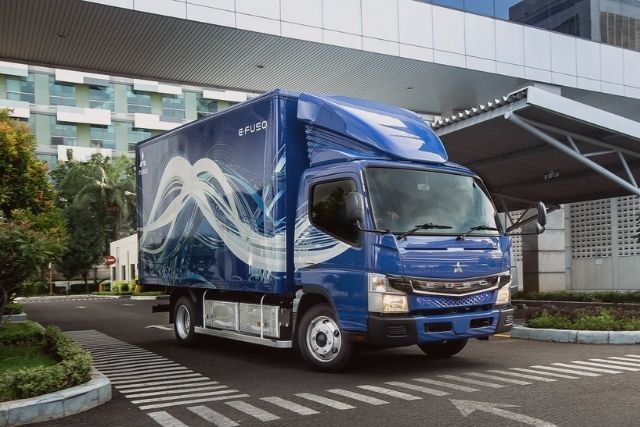Mitsubishi Fuso Truck and Bus Corporation (MFTBC) has announced the development of a cutting-edge pilot facility at its Kawasaki Plant, aimed at recovering valuable materials from any type of battery used for electric vehicles (EVs). This initiative is in collaboration with True 2 Materials Pte. Ltd. (T2M), a Singapore-based company specializing in advanced material recovery technologies. The facility is set to begin operations in 2025 and will focus on repurposing key components from EV batteries, such as anodes, cathodes, and electrolytes. This project represents a significant step forward in MFTBC’s commitment to sustainability and reducing the environmental impact of electric vehicles.
Innovating Battery Recycling
The partnership with T2M leverages their groundbreaking Total Material Recovery (TMR) technology, which is designed to recover up to 99.9% of battery materials. Unlike conventional recycling methods like pyrometallurgy and hydrometallurgy, TMR uses nano-level molecular techniques to process batteries with minimal loss of raw materials. This innovative approach not only maximizes the value of recovered materials but also significantly reduces carbon emissions and other environmental impacts associated with battery recycling.
The TMR process is particularly noteworthy for its efficiency in reducing the cost of metal processing, which typically accounts for a substantial portion—nearly 75%—of the total cost of recycling. By minimizing these costs, the TMR technology makes the recycling process more economically viable, potentially lowering the overall cost of EVs and making them more accessible to consumers.
Strategic Goals and Future Expansion
The pilot facility will serve as a testing ground to evaluate the reusability of recovered materials for use in new battery cells. MFTBC’s long-term vision includes creating a sustainable loop where batteries from its electric light-duty trucks, such as the eCanter, as well as EV passenger cars. This initiative is part of MFTBC’s broader FUSO eMobility Solutions framework, which aims to support customers in their transition to electric vehicles.
Initially, MFTBC will focus on commercializing this recycling technology within Japan, but the company is also exploring the possibility of expanding these efforts internationally. By developing effective retreatment processes for battery materials, MFTBC aims to reduce the total cost of EVs, making them a more viable option for a wider range of customers.
Commitment to Carbon Neutrality
This recycling initiative aligns with MFTBC’s ambitious goal of achieving carbon neutrality by 2050. By investing in sustainable technologies and processes, MFTBC is not only working to reduce the environmental impact of its own operations but also contributing to the broader industry goal of decarbonizing transportation. Through continuous innovation and strategic partnerships, MFTBC is positioning itself as a leader in the transition to a more sustainable and circular economy.


